
Environmental Science and Engineering
Harnessing the power of microbes for water reuse
Technologies that use the metabolic properties of microbial communities to treat wastewater and generate energy will transform water reuse.
Page 1 of 1

Environmental Science and Engineering
Technologies that use the metabolic properties of microbial communities to treat wastewater and generate energy will transform water reuse.
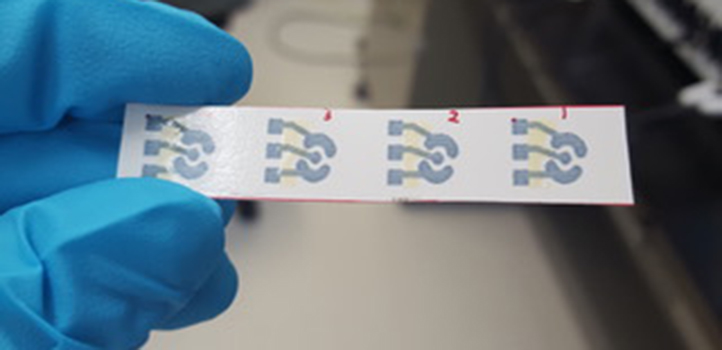
Bioscience
What do an electrical engineer, an organic chemist, a materials scientist and a cell biologist all have in common? They invent and improve applications at the interface of biology and electronics.

Electrical Engineering
Asrar Damdam is setting up her own biotech company in Silicon Valley while pursuing a Ph.D. at KAUST
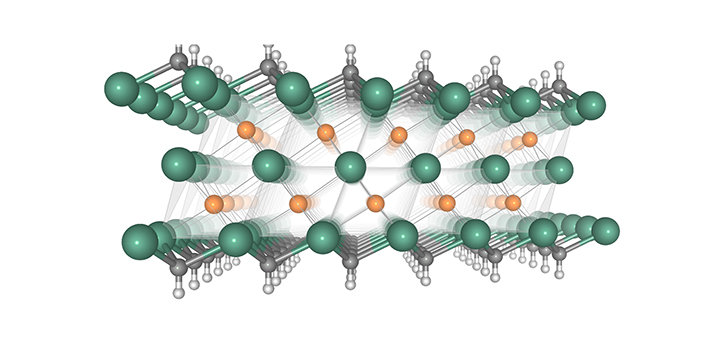
Material Science and Engineering
A class of atomically thin 2D compounds, known as MXenes, have a unique combination of properties that are useful for electronic and sensing applications.
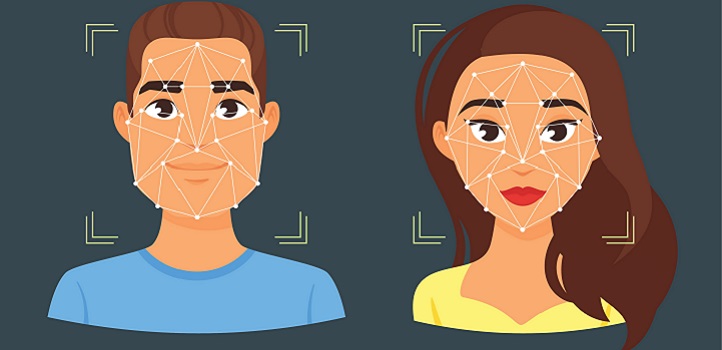
Applied Mathematics and Computational Sciences
A new approach for training algorithms makes the machine learning process faster and more accurate.
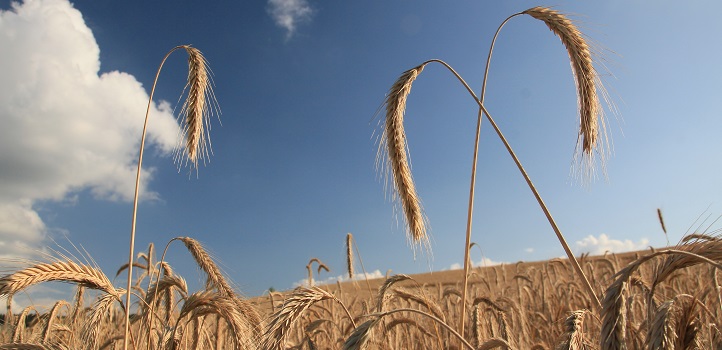
Plant Science
Genome editing techniques have the power to transform crop yields and plant resilience to feed the growing global population.
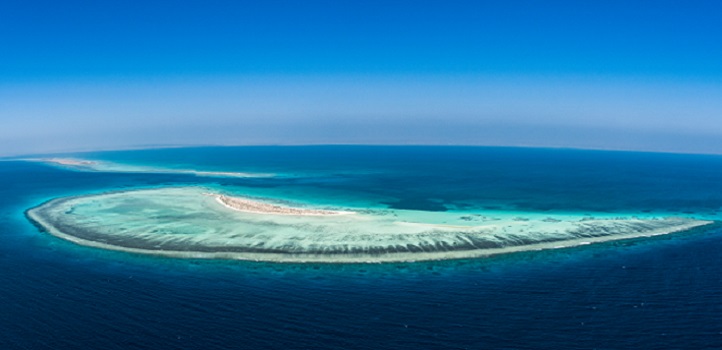
Environmental Science and Engineering
Global water challenges addressed through improvements to desalination techniques and limits to waste.
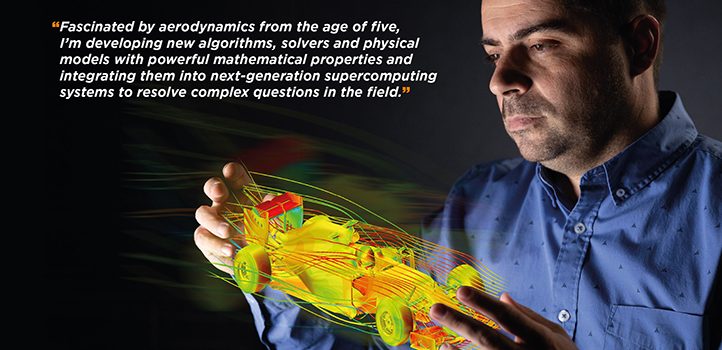
Applied Mathematics and Computational Sciences
The Formula 1 race track is the ultimate testbed for a KAUST researcher's latest work.
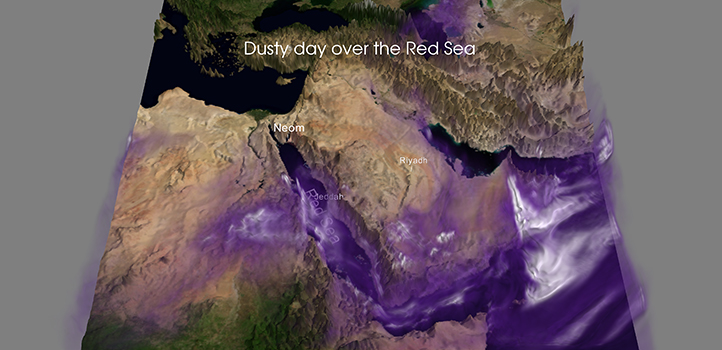
Earth Science and Engineering
World-class computing facilities at KAUST enable researchers to tackle complex questions in climate science and oceanography.
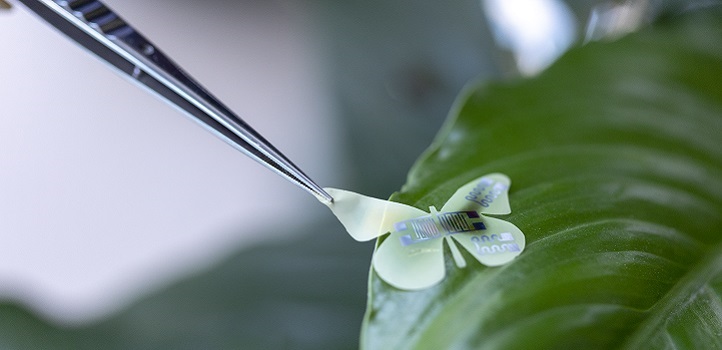
Electrical Engineering
An interdisciplinary initiative is helping KAUST be at the forefront of a digital revolution, where sensors can find a use just about anywhere.

Electrical Engineering
A virtual platform makes learning how to fabricate a semiconductor device easier, safer and more interactive.
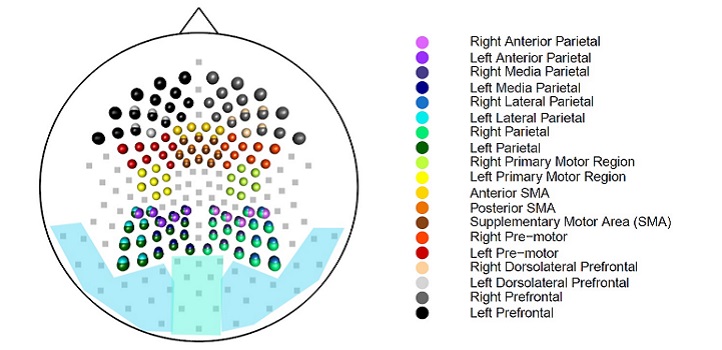
Statistics
The latest statistical methods from research on complex high-dimensional environmental data also yield powerful tools for interpreting brain activity.
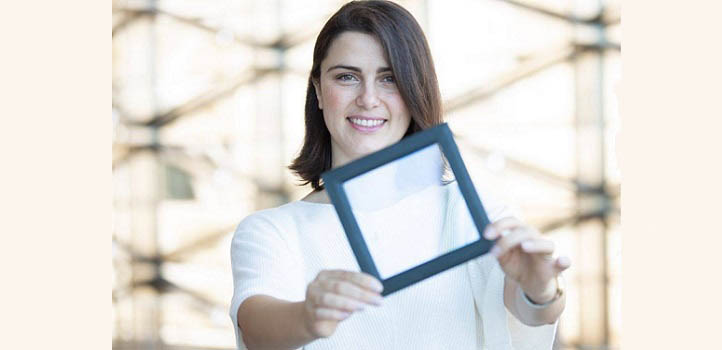
Material Science and Engineering
For researchers seeking entrepreneurial opportunities, KAUST can provide the perfect springboard.
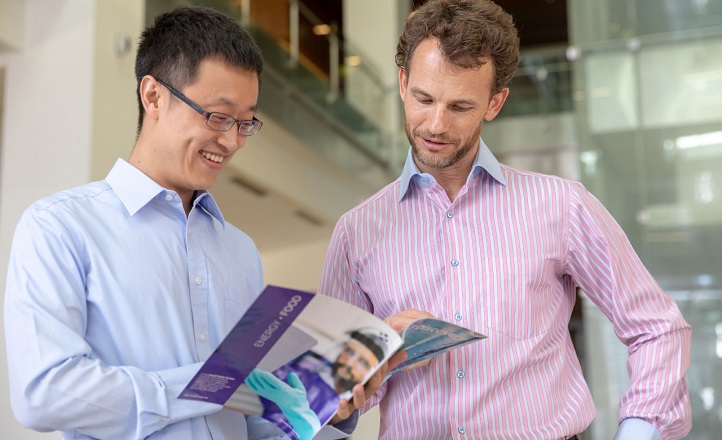
Computer Science
Xin Gao’s research is building bridges between computer science and biology.

KAUST places great emphasis on translating university know-how into real-world impact, say Kevin Cullen, vice president of Innovation and Economic Development, and John Tannaci, associate vice president for research.
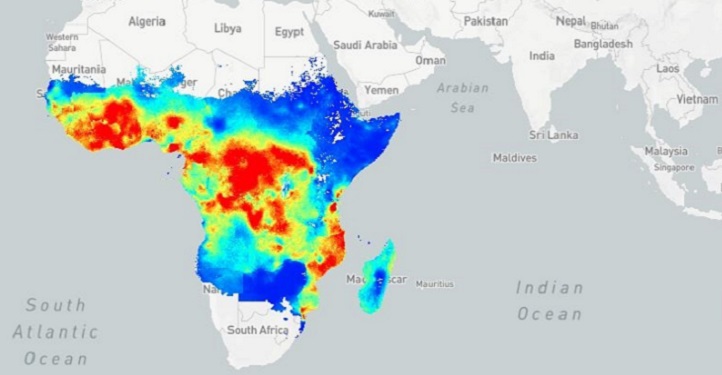
Statistics
A tool developed by Håvard Rue has transformed data analysis, interpretation and communication. It has been applied broadly: from modeling the spread of infectious diseases to mapping fish stocks.
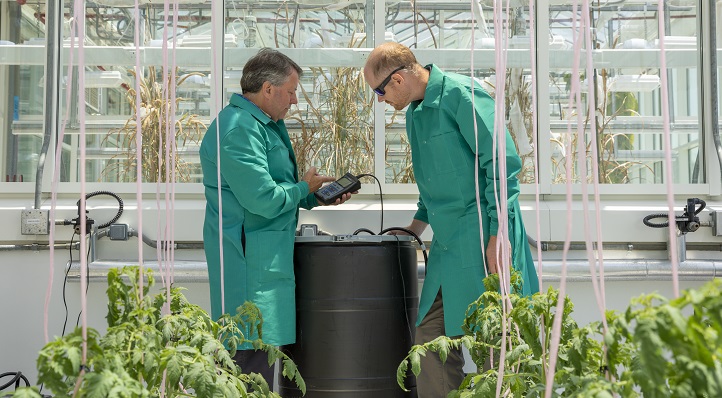
Environmental Science and Engineering
Research to optimize aquaponics systems could inform a new era of urban food production.
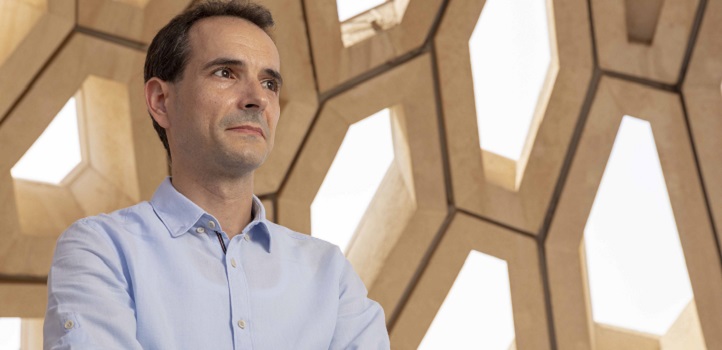
Chemistry
Rethinking industry-scale catalytic processes could slash global energy consumption and even turn carbon dioxide into a valuable commodity.

Marine Science
While drones scan beaches to assess plastic litter, microplastics are found in the digestive tracts of one in every six Red Sea fish.
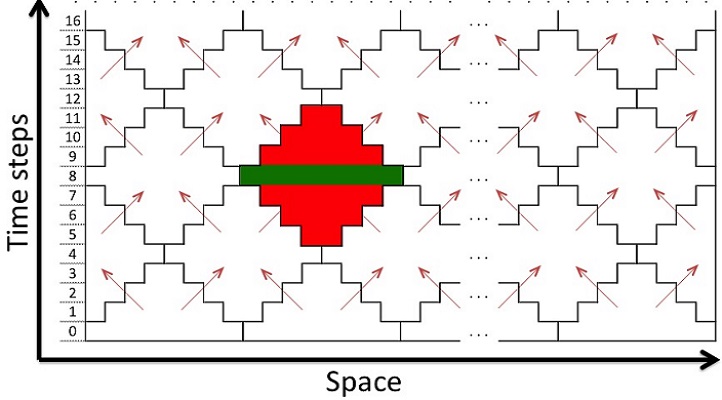
Applied Mathematics and Computational Sciences
Software could transform underground imaging of fossil fuel reserves by providing unprecedented detail in record time.
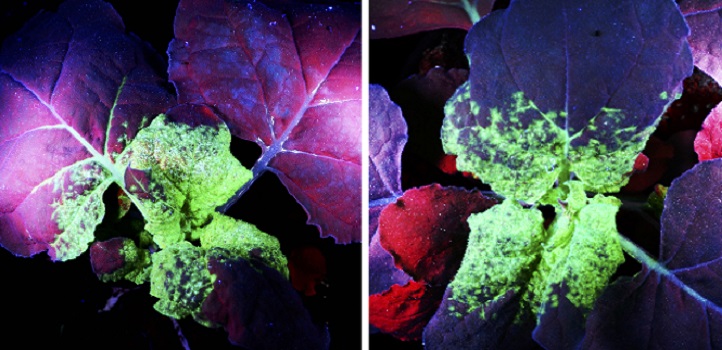
Plant Science
Precision molecular tools derived from bacterial defence systems are transforming the theory and practice of genetic modification.
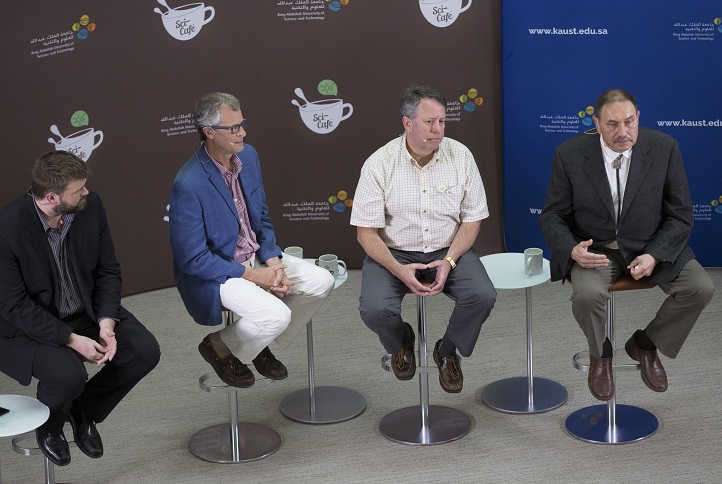
Environmental Science and Engineering
A plant scientist, a water specialist and a petroleum engineer walk onto a panel, “how do you define sustainability?” one asks.
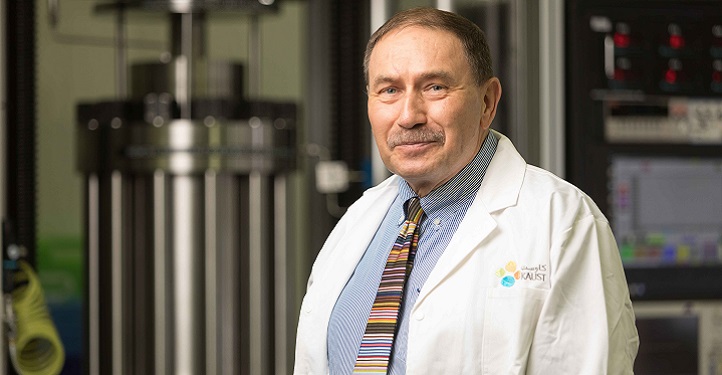
Energy Resources and Petroleum Engineering
Oil expert Tadeusz Patzek aims to ensure that efficient recovery of oil and gas remains feasible whilst scientists find alternative green energy sources.
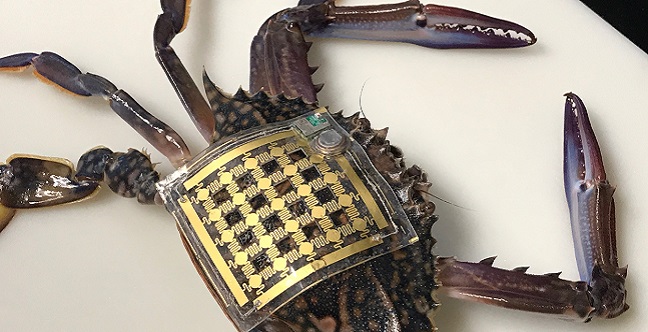
Electrical Engineering
From farming to healthcare, there are few areas of our lives that couldn’t be enhanced by incorporating flexible CMOS electronics.
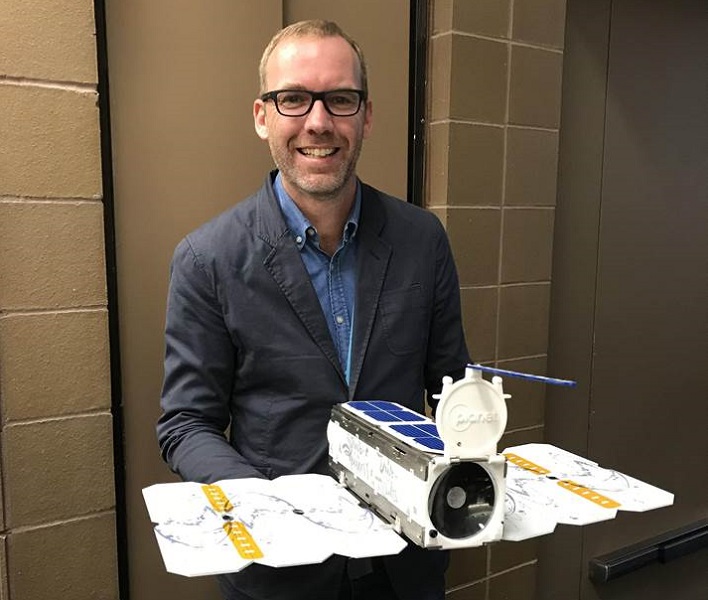
Environmental Science and Engineering
The availability of high-resolution data collected by miniaturized satellites heralds a turning point in Earth and environmental sensing from space.
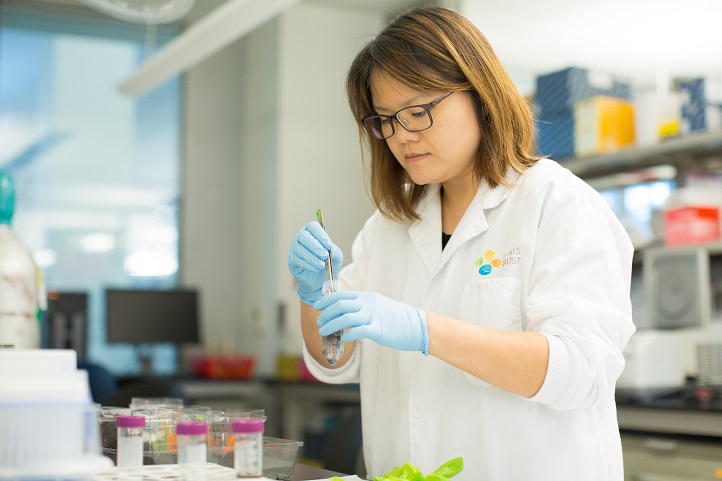
Environmental Science and Engineering
Safety assurance is the first step in bringing valuable wastewater into use, says Peiying Hong.
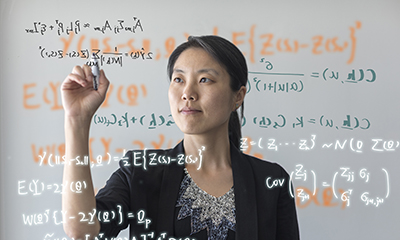
Statistics
Ying Sun is a multi-award-winning statistician who is inspired by the value of statistics in solving real-world problems.
Chemistry
2017 recipient of the L’Oréal-UNESCO for Women in Science Award Niveen Khashab builds nanoscale ‘miniature machines’ with diverse applications.
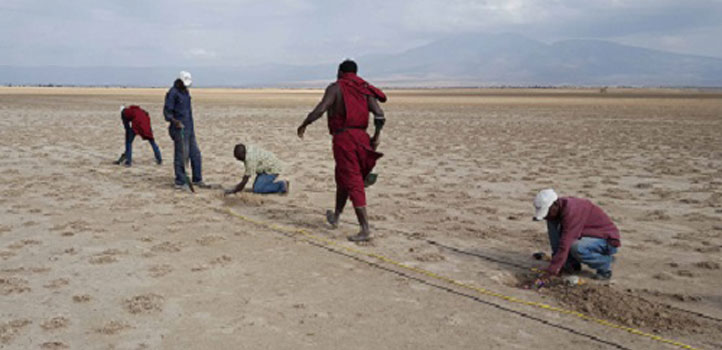
Earth Science and Engineering
Geophysical modeling of one of the world’s most important fossil sites reveals the history of the site where early humankind evolved.
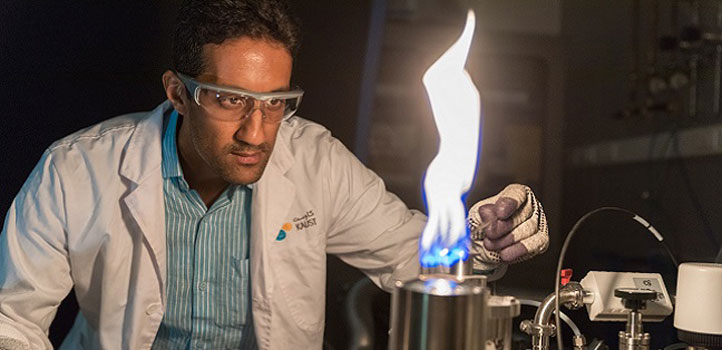
Chemical Engineering
The transition to renewables will take decades, so we must rush to clean up conventional fuel combustion, says Mani Sarathy.
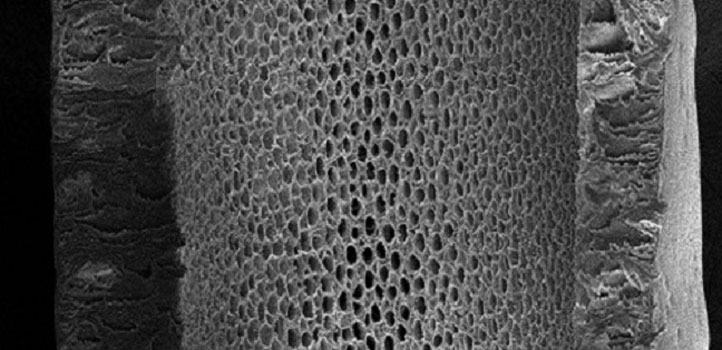
Environmental Science and Engineering
Tailor-made membranes offer a cleaner method for the industrial-scale separation of chemical mixtures, says Suzana Nunes. But first we need to make their manufacture greener.
Marine Science
A new soil classification system, and tools to implement it, helps understanding of the properties of the ground underpinning geo-engineering projects.
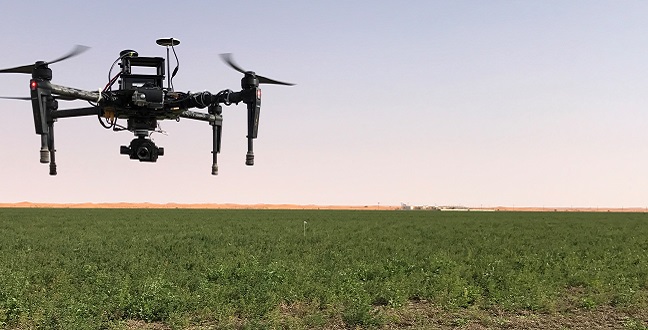
Environmental Science and Engineering
Emerging technologies are poised to transform how we observe the Earth.
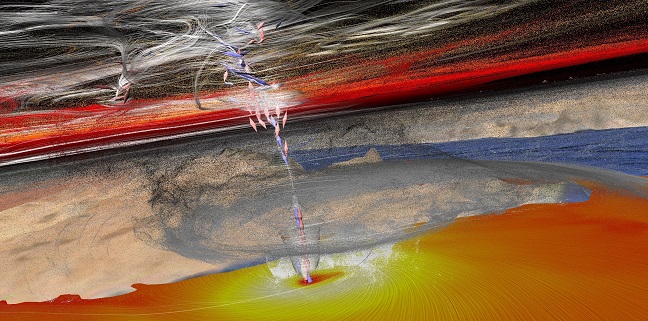
Computer Science
Advances in how science is presented means that visual tools can inspire research, as well as make its results accessible to the world.
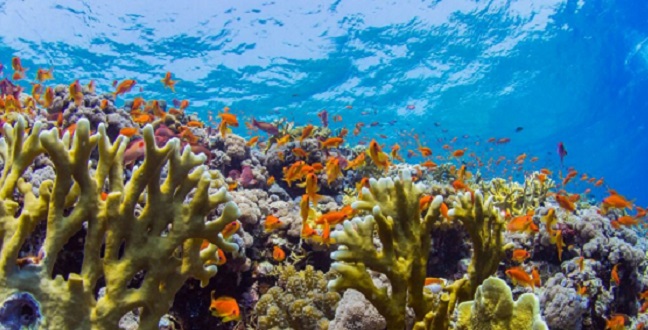
Marine Science
Coral ecosystems may be able to adapt rapidly to climate change through natural plastic responses.
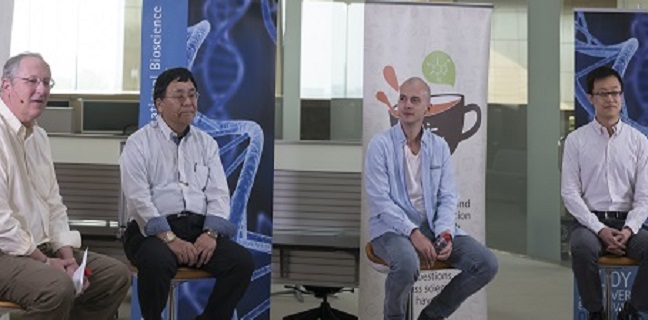
Bioscience
Sifting through huge amounts of data may bring better understanding of whale shark social structures, protein targets for drug therapies and disease-causing genes.
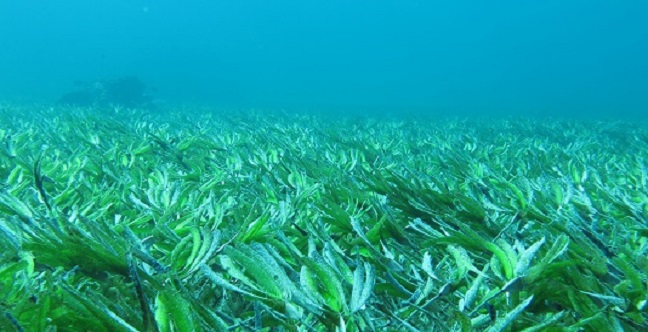
Marine Science
Mangroves, seagrass meadows, seaweeds and saltmarshes, the forests of the sea, perform a vital and often overlooked role in storing carbon and mitigating the effects of climate change.
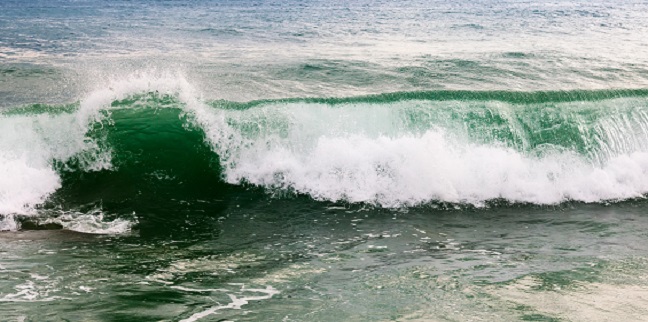
Earth Science and Engineering
Wind intensities and wave heights in the Red Sea are decreasing over time—potential for a significant impact on its ecosystem.
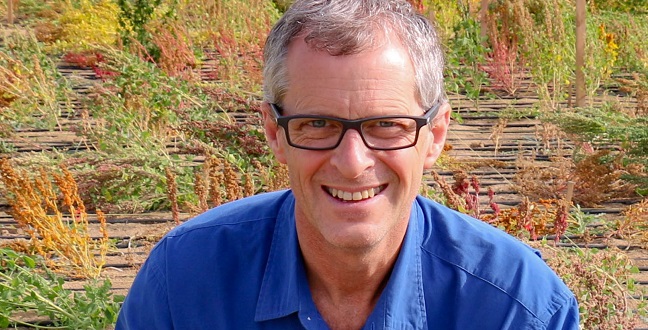
Plant Science
Passionate plant scientist Mark Tester conducts ground-breaking research into plants that could one day help feed the world.
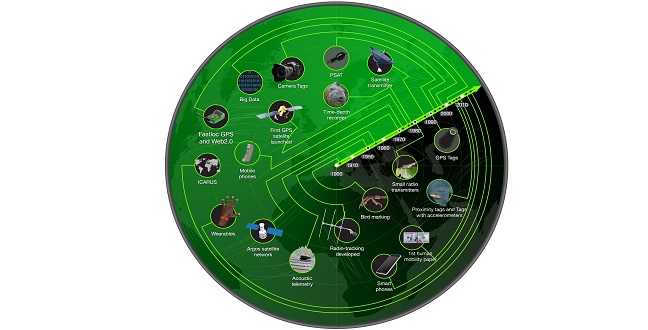
Marine Science
A remarkable collaboration, drawing parallels between human and animal ecology, uses data from smartphones to protect vulnerable species.
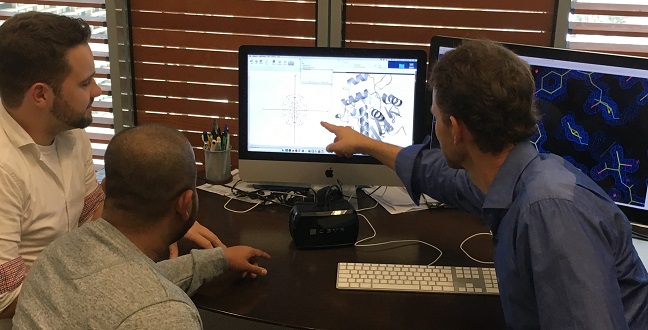
Bioscience
The work of a small group specializing in demystifying proteins is having far-reaching effects.
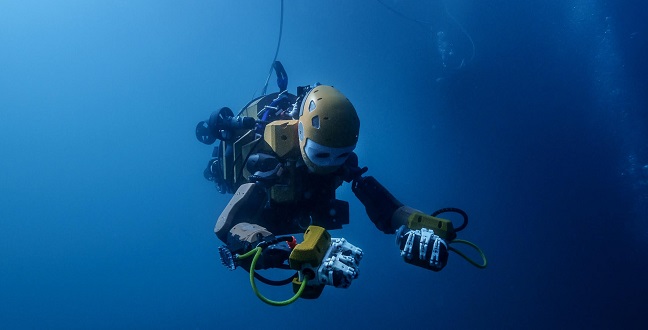
Marine Science
An international, multidisciplinary collaboration that led to the world’s first underwater robotic avatar.
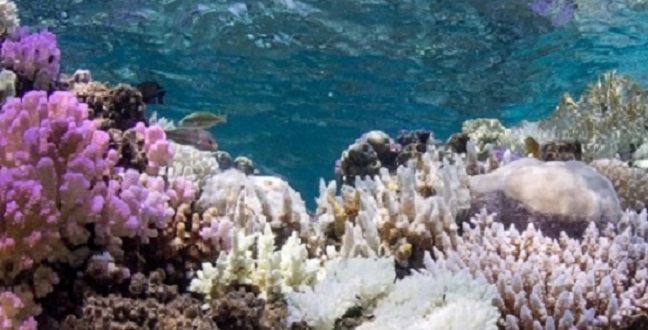
Marine Science
The Red Sea provides opportunities to coral bleaching and inform future practices to help safeguard the world’s coral reef ecosystems.
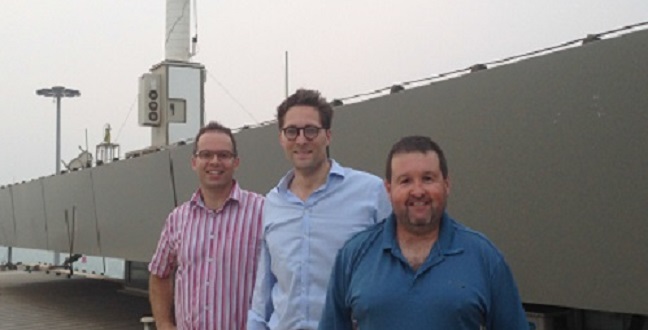
Earth Science and Engineering
Studying dusty air, especially in the Middle East, which is part of the Earth’s notorious dust belt, has both local and global significance.
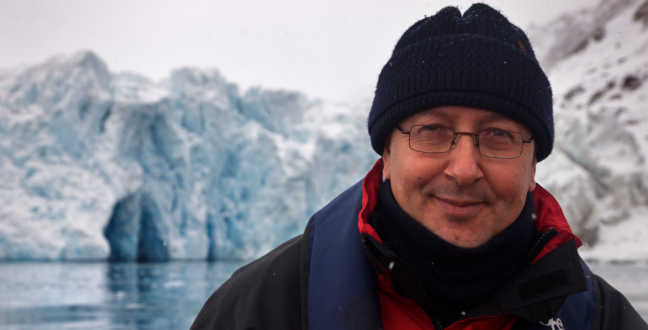
Marine Science
“Historians will look back on this era as the tipping point for marine agriculture,” said Carlos Duarte.
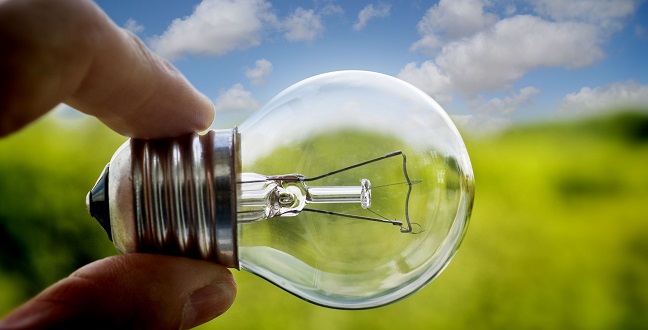
Chemistry
Pairing two catalysts in a single, illuminated reaction flask proves to be a light-bulb moment for organic synthesis.
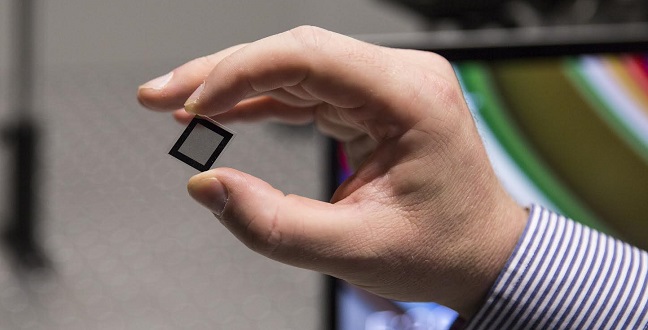
Bioscience
Optical elements that diffract light could lead to smaller and more powerful cameras.
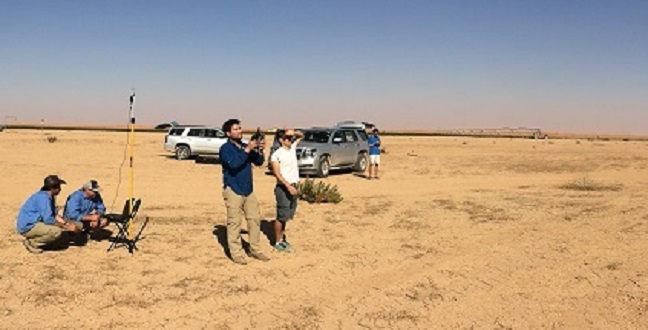
Environmental Science and Engineering
KAUST researchers are working to find new ways of monitoring irrigation, crop health and yields.
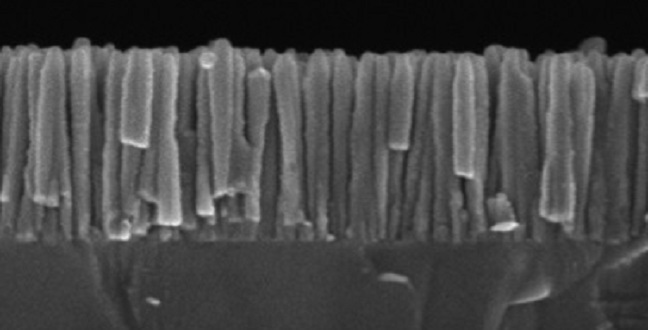
Material Science and Engineering
Fleeting bursts of light and electrons reveal traps that hamper solar cells and sensors.
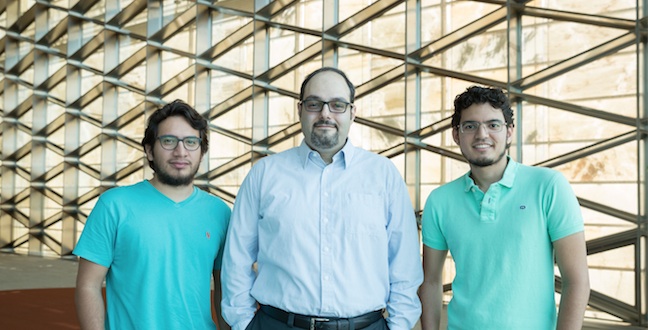
Electrical Engineering
Algorithms that train computers to automatically detect human activity in videos can improve online searches and real-world surveillance systems.
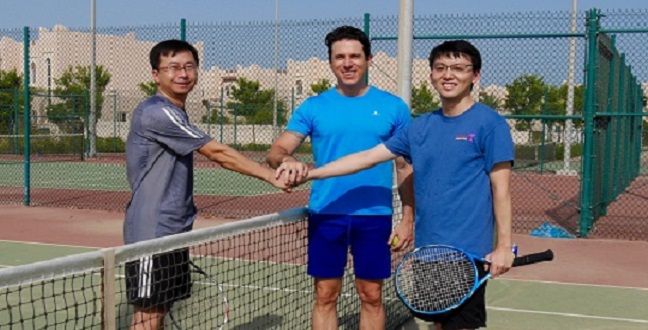
Electrical Engineering
Exploiting the properties of disordered chaotic systems leads to low-cost energy harvesting and innovative micro-surgery applications.
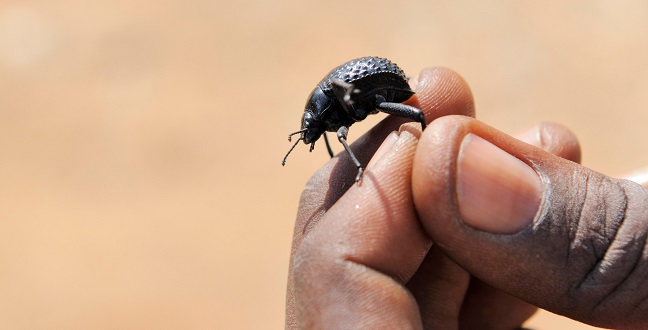
Environmental Science and Engineering
Biology has inspired new ways to harvest and collect water.
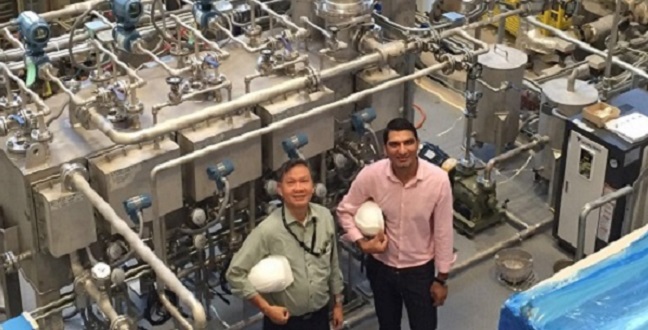
Environmental Science and Engineering
Combining methods for water desalination results in low-cost, highly efficient water production.
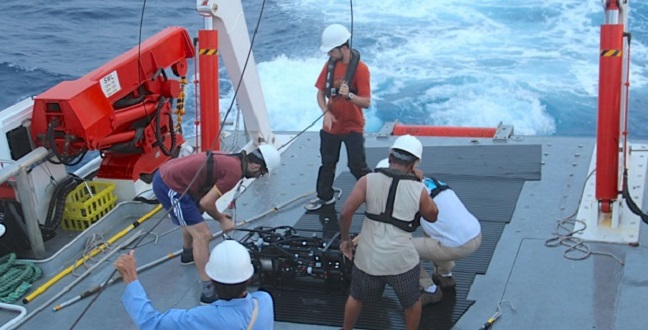
Marine Science
Studies conducted at the Saudi Aramco-KAUST Marine Environmental Research Center provide new insights into the physical and biological aspects of the Red Sea.
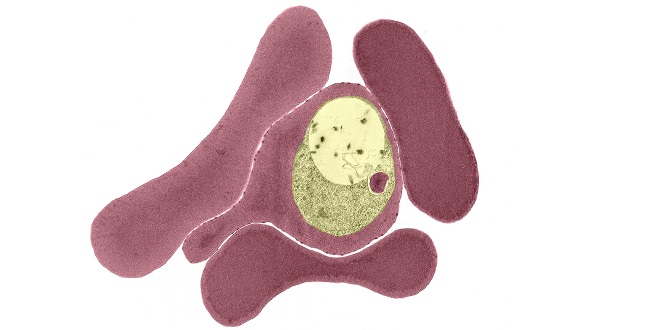
Bioscience
Expert knowledge in the field of DNA and RNA sequencing puts KAUST at the forefront of high-impact pathogen research.
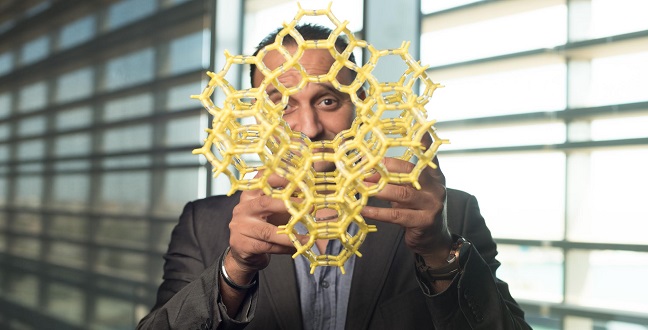
Chemistry
Novel solid-state materials may hold the key to cleaner fuels and cheap, efficient gas storage.
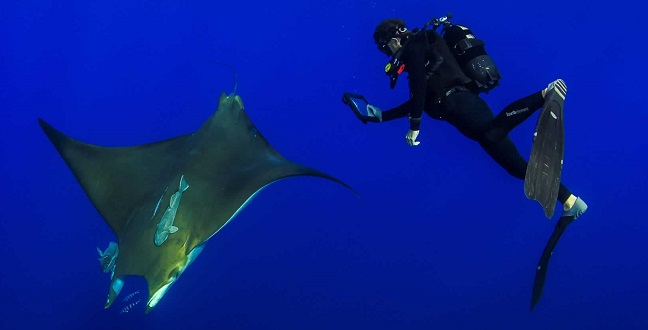
Marine Science
A combination of state-of-the-art sensors and standardized data analysis will transform research for tracking animals and humans.
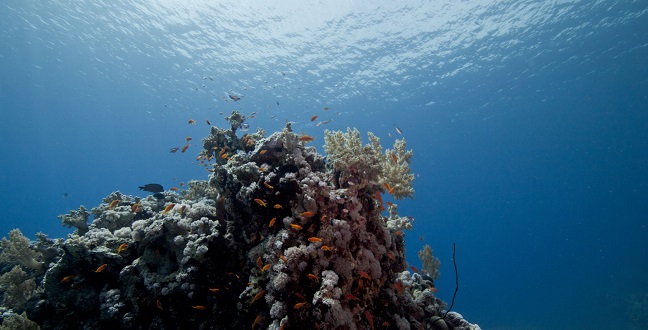
Marine Science
Detailed analysis of nutrient distribution and circulation in the Red Sea could provide a model for the future of the world’s oceans.
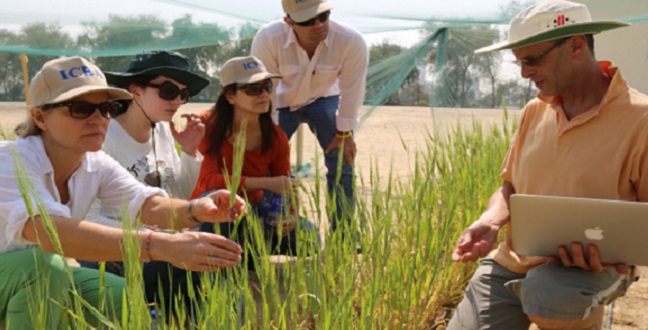
Environmental Science and Engineering
Novel use of sensors and associated high-resolution imaging in agriculture aims to facilitate a more sustainable future.
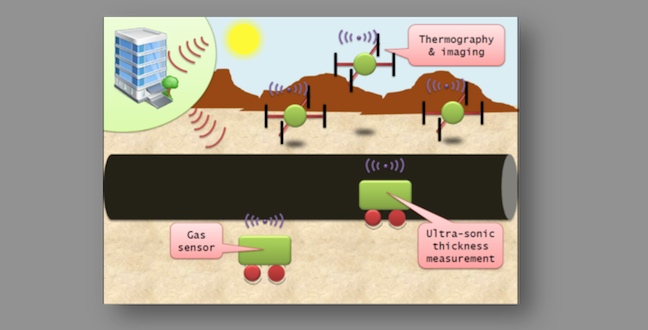
Electrical Engineering
An improved wireless communication protocol enables more robust links between remote electronic devices.
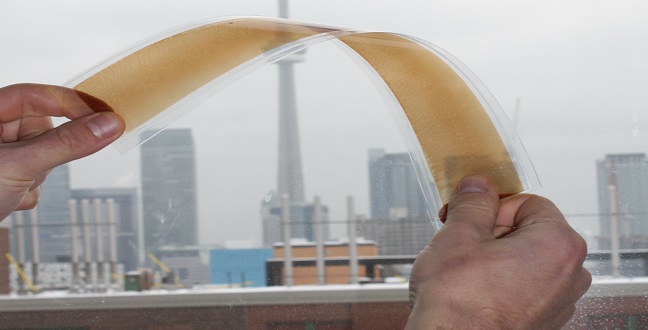
Material Science and Engineering
Funding from KAUST is helping to bring innovative solar power technology to fruition with startup company QD Solar.
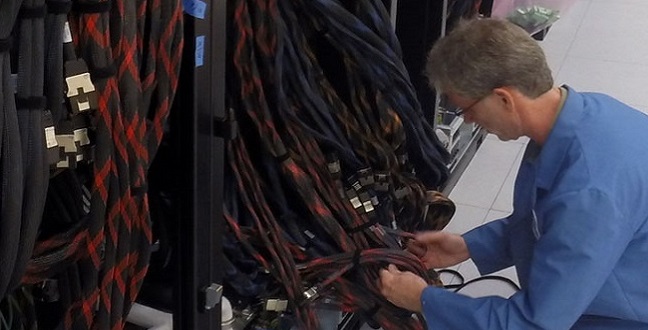
Applied Mathematics and Computational Sciences
KAUST’s new supercomputer will enable ground-breaking scientific modeling and analysis in Saudi Arabia and worldwide.
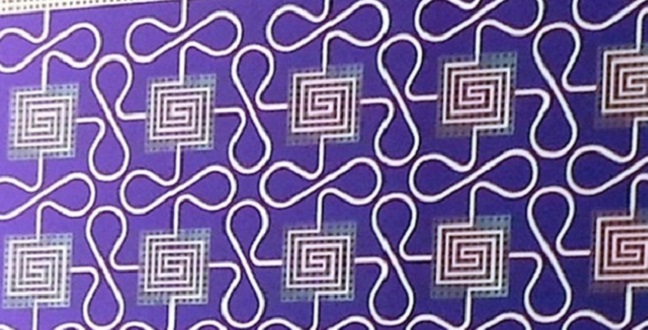
Electrical Engineering
Highlighting sustainability and the work of female researchers was a strong focus of the international KAUST-US NSF electronics conference.
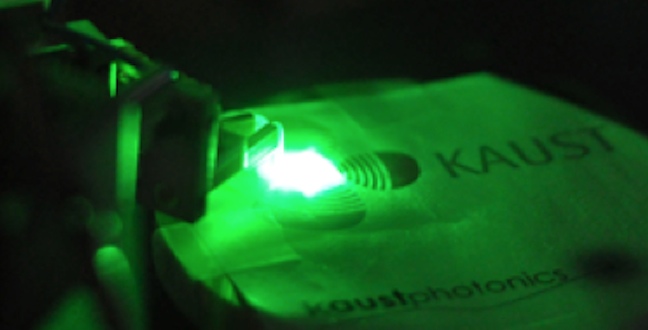
Electrical Engineering
The discovery of the incandescent light bulb has transformed human existence. New LED technologies promise to be the next step forward.
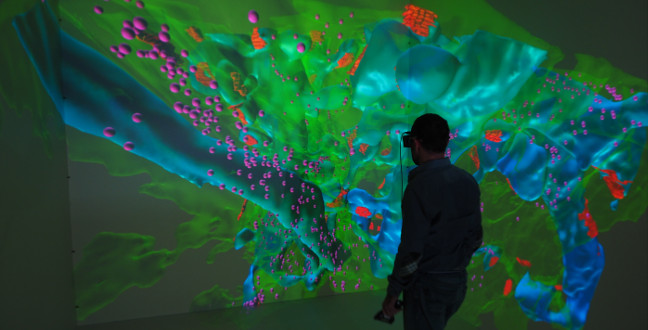
Bioscience
A new collaboration could lead to supercomputers emulating the efficiency of the brain.
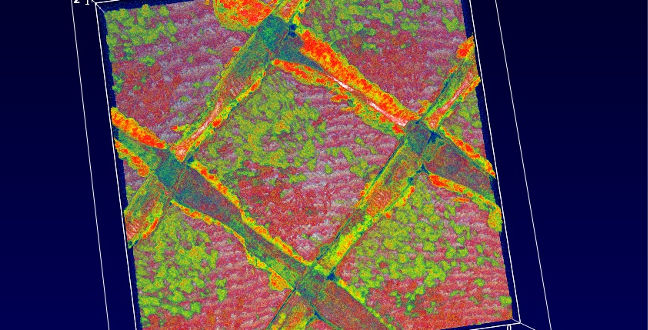
Environmental Science and Engineering
A leader in desalination science, TorOve Leiknes gives water treatment research in Saudi Arabia a major boost.
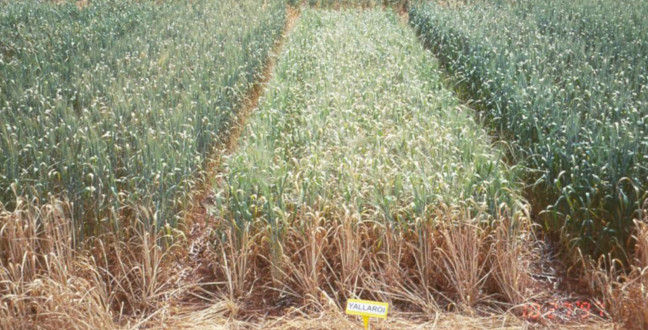
Plant Science
KAUST Center for Desert Agriculture leads research to improve crop yields from desert soils.
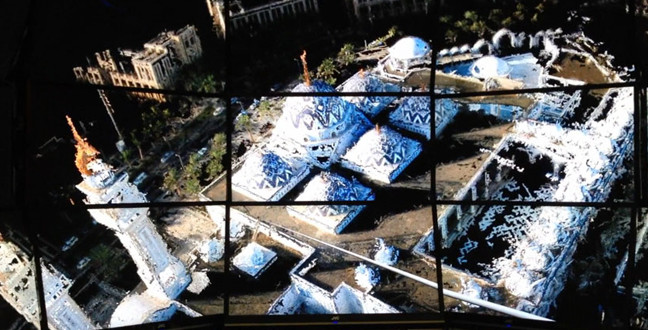
Computer Science
State-of-the-art facilities and world-class research projects give rise to thriving start-up companies based at KAUST.
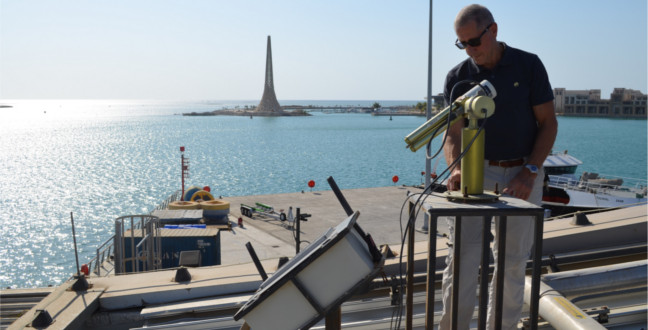
Earth Science and Engineering
KAUST’s Earth Science and Engineering Program is underpinned by a drive to develop sustainable ways to get the best from natural resources and quantify environmental hazards.
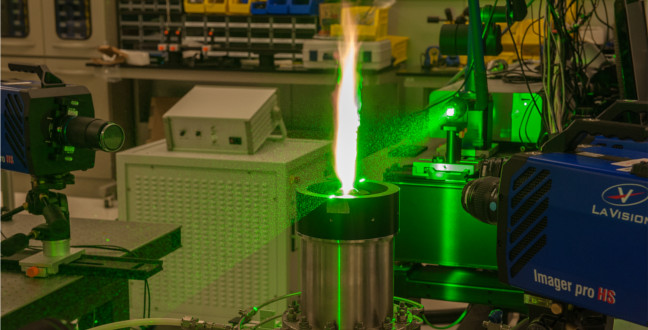
Mechanical Engineering
KAUST’s Clean Combustion Research Center aims to develop technologies for future fuel formulations, more efficient engines, and new methods for power generation.